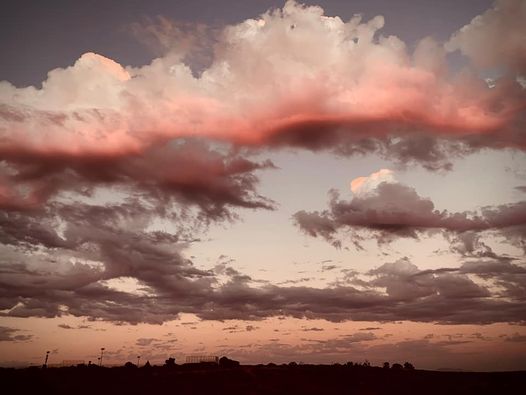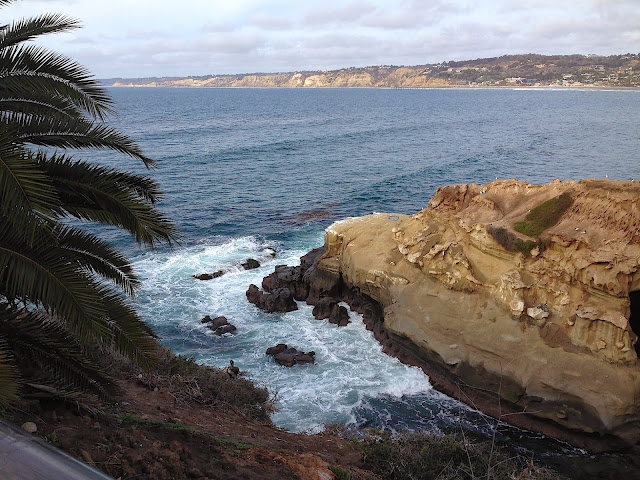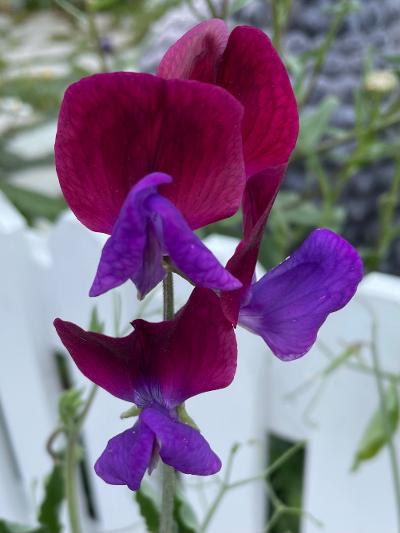I would like to beg you dear Sir, as well as I can, to have patience with everything unresolved in your heart and to try to love the questions themselves as if they were locked rooms or books written in a very foreign language. Don't search for the answers, which could not be given to you now, because you would not be able to live them. And the point is to live everything. Live the questions now. Perhaps then, someday far in the future, you will gradually, without even noticing it, live your way into the answer.
- Rainer Maria Rilke, 1903 in Letters to a Young Poet
Autumn brings a time of vibrance and change. Glimmers of orange, crimson, magenta, and flashes of gold permeate the days. As shades of blue search for a turn, gray flannel consumes the clouds.
Landscapes arouse with lightning, thunder and showers. Scents of cinnamon and cider fill the air along with aromas of wood smoke from chimneys. The breeze tastes of promise. Nature's multiple personality during autumn reminds us to consider possible changes and pursue, rather than judge, our writing.
The time arrives to explore and pile questions upon questions instead of a search for answers. A pondering of ". . . and then what” provide possibilities.
We mine for more understanding if we permit the questions to climb upon one another. They will wrestle for opportunities we have not considered.
These ten questions will spark others as you write to them. Respond only with more questions. See what happens.
l. How would you answer Rilke’s question:
Ask yourself in the most silent hour of your night: must I write?"
2. How are you with your writing?
3. What biases affect your writing. Recognize their existence, list and write to them.
4. What amuses you about your writing?
5. How do you write about what feels wrong?
6. Do you celebrate your strengths in writing? In what ways?
7. How do you provide constructive feedback for your writing? If not, who does?
8. If you considered your heart’s desire about your writing, what would it involve?
9. What do you write away from? How can you bring it closer to you?
10. What’s the greatest question writing nudges in you?
Take time to involve yourself with the questioning process as autumn displays its wonders.





















































